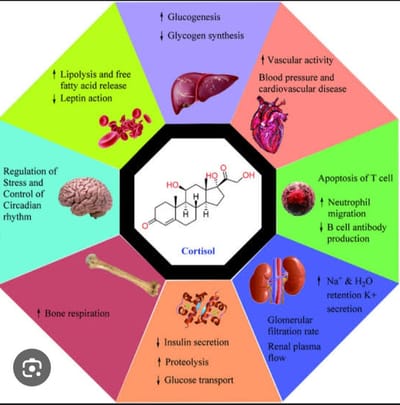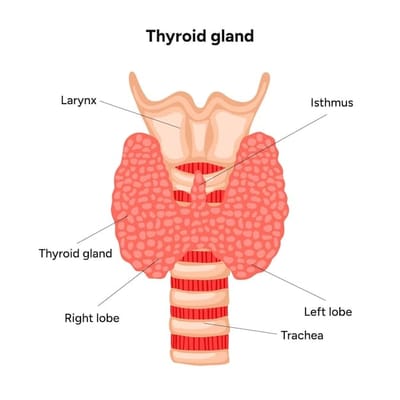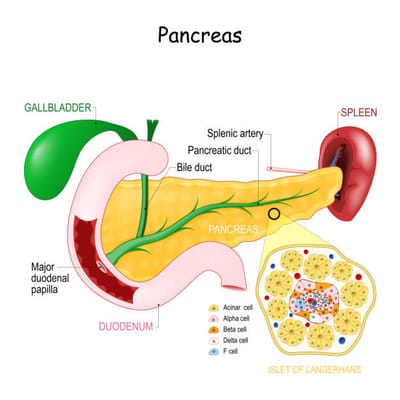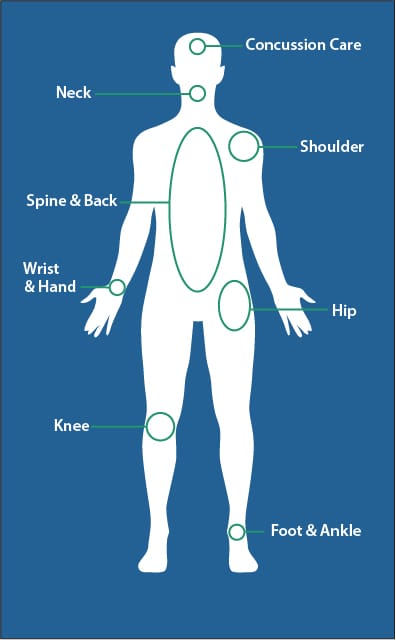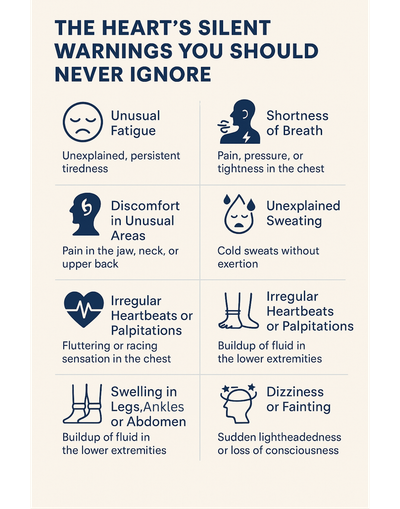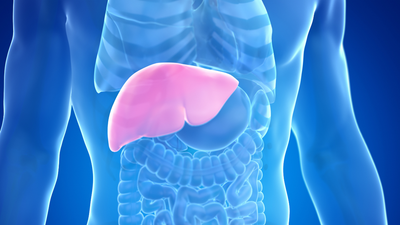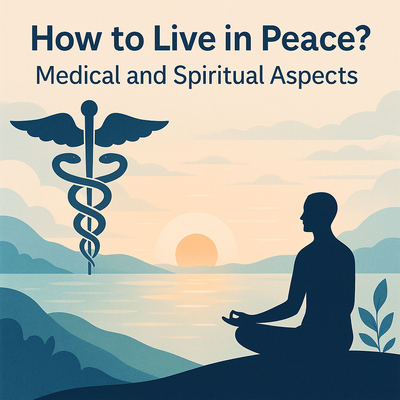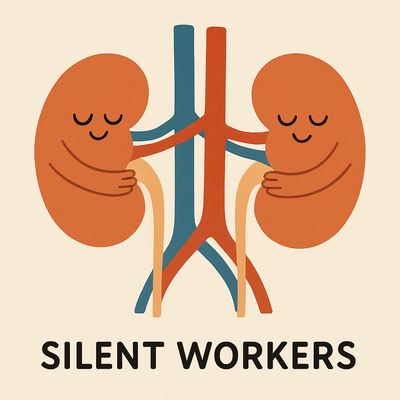Articles
In the past two decades of practice, if I were to name one single factor that silently disturbs sleep, weight, mood, digestion, immunity, memory — and often goes unnoticed in our usual investigations — I would say it is this: Cortisol.
Read MoreIn every consultation room, I meet two kinds of people when it comes to sugar: those who fear it and those who ignore it. But the real story of sugar is not just about what we eat — it’s about a silent, tireless worker inside us called insulin.
Read MoreOne of the most frequent questions I hear in my clinic is: "Doctor, which tests should I do to be sure I’m healthy?" My answer is always the same — the tests you need depend on your age, risk factors, and medical history. But there is a core set of investigations that every adult should know about, because they can detect silent disease long before symptoms appear.
Read MoreIn my years of medical practice, I have seen one truth repeat itself: The body always speaks before it breaks down — but we often ignore its whispers until they turn into shouts. Our body is a remarkable self-regulating system. It repairs, adjusts, and compensates silently, without demanding thanks. But when something is wrong, it sends signals — subtle at first, urgent later.
Read MoreIn medicine, we are taught that “the patient will tell you the diagnosis if you listen carefully enough.” But over the years, I’ve realised that the body itself speaks — often more clearly than the patient’s words. From the scalp to the soles, every part of you is quietly reporting on your health. My role as a doctor has been to tune in to these messages and interpret them before they become cries for help.
Read MoreAs a physician, I have seen countless patients walk into my clinic thinking their heart is perfectly fine, only to discover that it has been sending warning signals for weeks, months, or even years. The truth is, the heart is a remarkable organ — strong, tireless, and faithful — but it is not indestructible. When trouble begins, it often speaks in whispers, not shouts. These whispers can be subtle, easy to overlook, and tragically, sometimes ignored until it is too late.
Read MoreI have seen how often patients underestimate the silent yet tireless work of the immune system. It is not a single organ or structure, but rather an intricate network of cells, tissues, and chemical mediators that function with remarkable coordination — much like an elite defense army trained to detect, target, and neutralize threats.
Read MoreOver the years in clinical practice, I have learned that the skin is often a silent storyteller of a patient’s internal health. While most people focus on its cosmetic appearance, as physicians, we know that the skin can act as a window to systemic diseases, nutritional deficiencies, hormonal imbalances, and immune disorders.
Read MoreIn clinical practice, I have often described the liver as the body’s silent workhorse. It performs more than 500 essential functions — from processing nutrients and detoxifying harmful substances to producing proteins vital for blood clotting. Yet, despite its importance, the liver rarely “complains” until the damage is advanced. This makes recognizing the early signs of liver trouble critical for timely intervention.
Read MorePeace is not just the absence of conflict — it is a state of harmony within the body, mind, and soul. As a physician, I see every day how the stresses of modern life silently erode physical health, disturb emotional stability, and weaken spiritual resilience. True peace is a balance — a medical reality and a spiritual necessity. Let us explore both dimensions together.
Read MoreYour kidneys are working right now — quietly, continuously, and without complaint — to keep you alive. Each about the size of a fist, tucked under your ribcage towards your back, these bean-shaped organs filter roughly 50 gallons of blood every single day. They remove waste, balance electrolytes, regulate blood pressure, and even influence your bone strength and red blood cell production. Despite this incredible workload, most people rarely give their kidneys a second thought — until something goes wrong.
Read More